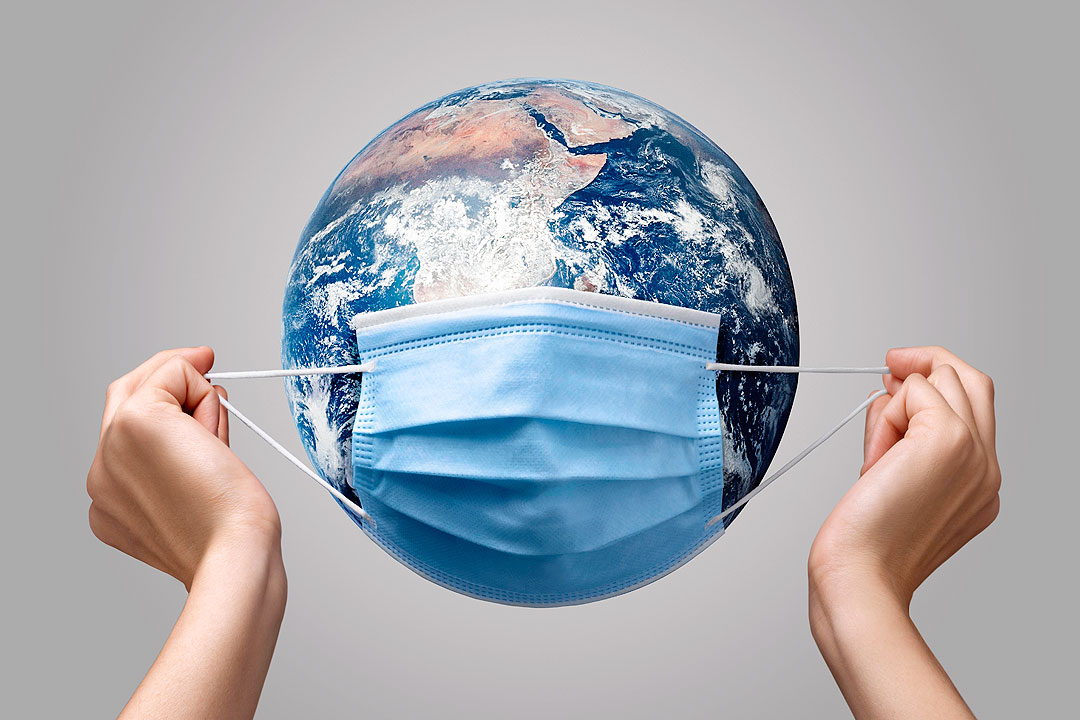
Upgrade to High-Speed Internet for only ₱1499/month!
Enjoy up to 100 Mbps fiber broadband, perfect for browsing, streaming, and gaming.
Visit Suniway.ph to learn
 STOCK PHOTO | Image from Unsplash
STOCK PHOTO | Image from UnsplashLast month, after more than three years of intensive negotiations, member states of the World Health Organization (WHO) came together at the 78th World Health Assembly (WHA78) in Geneva, Switzerland, to formally adopt the world’s first Pandemic Agreement.
The Pandemic Agreement provides a framework of principles, approaches, and tools that will guide international cooperation in preventing, preparing for, and responding to future pandemics. Its provisions aim to strengthen the global health architecture, with a clear focus on ensuring equitable and timely access to vaccines, therapeutics, diagnostics, and other vital medical countermeasures.
Throughout the negotiation process, the International Federation of Pharmaceutical Manufacturers and Associations (IFPMA) played a constructive role, offering valuable industry insights that helped shape the Agreement. From the very beginning, the research-based pharmaceutical sector committed to contributing meaningfully to equitable access. Industry leaders pledged to set aside a portion of real-time production of vaccines, treatments, and diagnostics for high-priority groups in low-income and lower-middle-income countries. These commitments reflect the sector’s dedication to using its unique capabilities to meet the urgent needs of people and communities in times of crisis.
Among the key recommendations put forward by IFPMA are strategies designed to operationalize the principles of equity and solidarity:
• Reserving a portion of production of vaccines and therapeutics for equitable distribution, ensuring that supply is guided by public health risks, needs, and demand. This includes mechanisms such as donations or equity-based tiered pricing, with the lowest pricing tiers benefiting low-income countries.
• Rapidly scaling up production and distribution capacity, with an emphasis on geographically diverse manufacturing, and improving access to essential raw materials and active pharmaceutical ingredients.
• Expanding voluntary licensing and technology transfer partnerships, enabling broader access to innovative medical tools and facilitating faster delivery of life-saving interventions.
• Accelerating research and development, including making molecule libraries available to qualified partners, to speed the discovery of effective vaccines and treatments tailored to the specific pandemic.
The Pandemic Agreement also underscores the importance of preserving what works. IFPMA cautioned against weakening frameworks that have enabled rapid innovation, such as those related to intellectual property, voluntary licensing, and technology transfer. These mechanisms proved their worth during the COVID-19 pandemic, facilitating unprecedented collaboration and speed.
Indeed, the COVID-19 experience demonstrated the critical role of the research-based pharmaceutical industry. The first COVID-19 vaccine was approved for emergency use just 326 days after the SARS-COV-2 genetic sequence was published which is the fastest vaccine development in history. This remarkable speed was pivotal in altering the course of the pandemic, saving countless lives. The industry’s efforts in scaling up manufacturing, adopting responsible pricing approaches, sharing knowledge, and collaborating globally proved that innovation, when combined with solidarity, can overcome even the greatest challenges.
Looking ahead, the biopharmaceutical industry remains committed to the “100 Days Mission” which is the goal of developing and deploying high-quality diagnostics, therapeutics, and vaccines within 100 days of identifying a new pandemic threat. Achieving this will require sustained partnerships between the private sector, governments, civil society, and international organizations.
The Philippines played a significant role in this milestone. Health Secretary Teodoro Herbosa, who was elected president of WHA78, highlighted the importance of acting swiftly to bring the Agreement to life:
“Now that the Agreement has been brought to life, we must all act with the same urgency to implement its critical elements, including systems to ensure equitable access to life-saving pandemic-related health products. It offers a once-in-a-lifetime opportunity to build on lessons learned from the COVID-19 crisis and ensure people worldwide are better protected if a future pandemic emerges.”
Beyond the pharmaceutical sector, the Pandemic Agreement calls for all stakeholders, namely governments, global institutions, non-governmental organizations, and communities, to work together to build resilient health systems, invest in preparedness, and ensure that the benefits of scientific progress are shared fairly.
The adoption of the Pandemic Agreement is more than a legal milestone. Now, it is a declaration of shared responsibility. As the world faces future health threats, the combined strengths of science, solidarity, and global cooperation will be essential to help protect lives. The research-based pharmaceutical industry stands ready to contribute its expertise, innovation, and resources to this common cause, ensuring that, when the next pandemic strikes, the world can be better prepared.
Teodoro B. Padilla is the executive director of Pharmaceutical and Healthcare Association of the Philippines which represents the biopharmaceutical medicines and vaccines industry in the country. Its members are in the forefront of research and development efforts for COVID-19 and other diseases that affect Filipinos.




